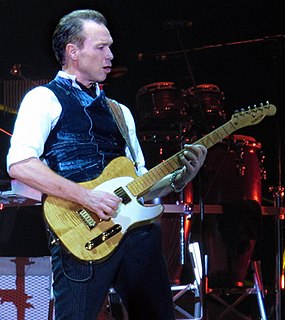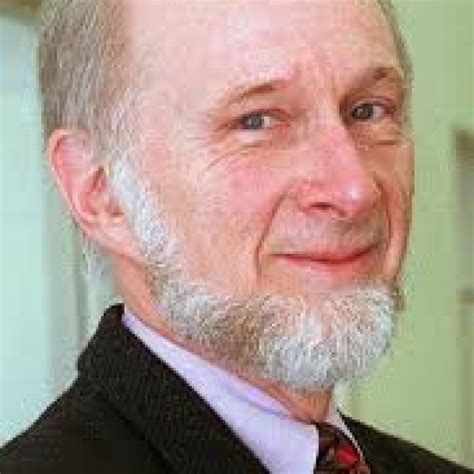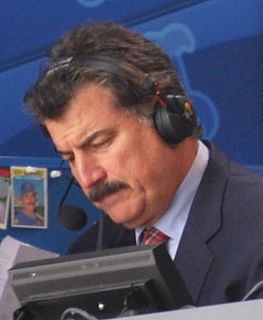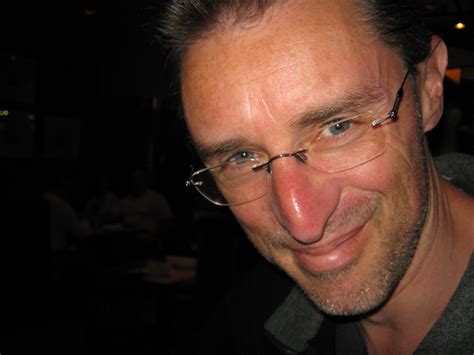A Quote by Jill Lepore
I was obsessed with George Orwell for years. I remember going to the town library and having to put in interlibrary loan requests to get the compilation of his BBC radio pieces. I had to get everything he ever wrote.
Related Quotes
I remember as a young child, during one of my frequent trips to the local library, spending hours looking at book after book trying in vain to find one that had my name on it. Because there were so many books in the library, with so many different names on them, I’d assumed that one of them — somewhere — had to be mine. I didn’t understand at the time that a person’s name appears on a book because he or she wrote it. Now that I’m twenty-six I know better. If I were ever going to find my book one day, I was going to have to write it.
Once upon a time, if you were going to get a loan from me, I would have had to look at your file, and I would have to make a decision about whether youre going to get a loan. Maybe we would meet and talk about it. There would be some level of human involvement and human interaction. Now, a lot of this is determined by an algorithm.
I remember, as a kid, I couldn't wait to get my library card, get my first book. There was a sphinx on the cover, and I figured I was going to read about the Egyptians. But it was this archeology. It was so dry. But I forced myself to read it because it was my first book out of the library. Should have gotten a 'Hardy Boys.'







































